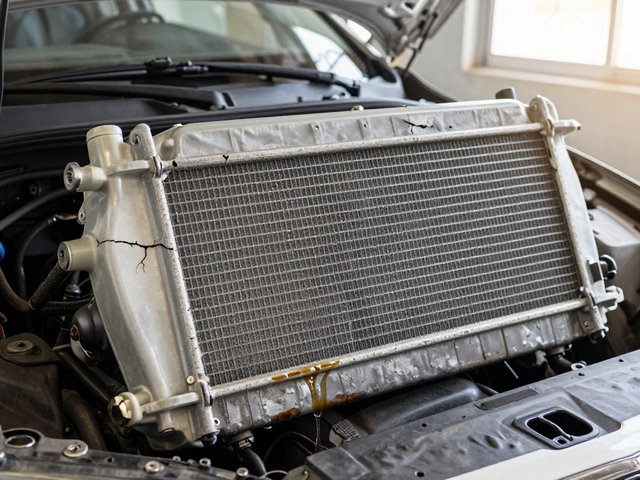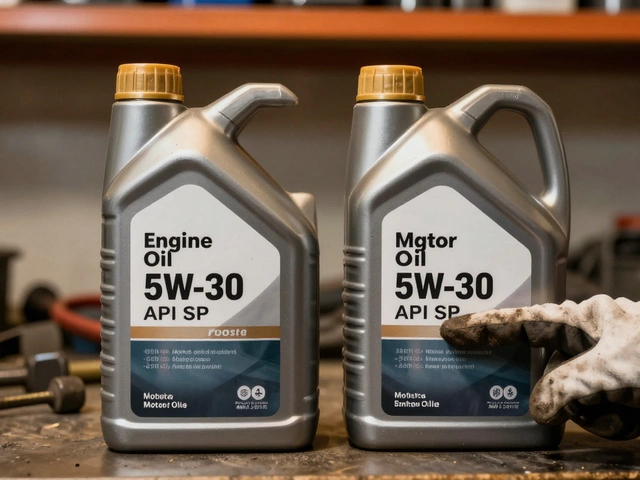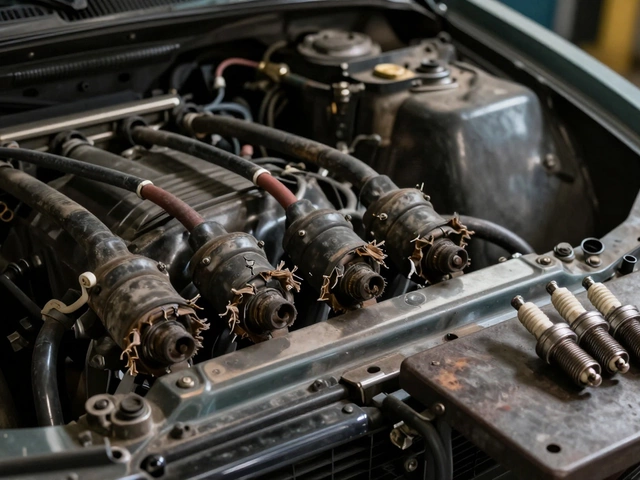Symptoms of Car Problems: Common Signs You Can't Ignore
When your car starts acting weird, it’s not just being difficult—it’s trying to tell you something. These symptoms, visible or sensory clues that point to mechanical issues in a vehicle. Also known as warning signs, they’re your first line of defense against expensive breakdowns. Ignoring them won’t make them go away. It’ll just make the repair bill bigger.
Take bad shocks, worn suspension components that reduce control and ride comfort. Also known as failing shock absorbers, they cause your car to bounce like a trampoline over bumps, make steering feel loose, and even wear out your tires faster. Then there’s the slipping clutch, a transmission issue where the engine revs but the car doesn’t accelerate. Also known as clutch failure signs, it feels like your car is losing power when you step on the gas, especially uphill or under load. And if your engine suddenly sputters or won’t start, you might be dealing with fuel pump failure, a breakdown in the system that delivers gasoline to the engine. Also known as bad fuel pump symptoms, it often shows up as a whining noise from the tank, stalling at high speeds, or the car just refusing to turn over. Even something as simple as a squeal when you brake could mean your brake rotor wear, thinning metal discs that slow your car down. Also known as worn brake discs, are getting dangerously thin and need replacement before they fail completely. These aren’t random glitches—they’re patterns. And they repeat across cars, makes, and years.
You don’t need to be a mechanic to spot these signs. You just need to pay attention. Does your steering wheel shake when you brake? That’s a rotor issue. Does your car hesitate when you accelerate? Could be the fuel pump or clutch. Do you hear clunking over bumps? That’s your suspension talking. These aren’t guesses—they’re facts backed by thousands of real repairs we’ve done here in Stevenage. The posts below cover exactly these symptoms, with no fluff, no theory, just what you’ll feel, hear, and see before your car quits on you. Whether you’re trying to decide if you can wait a few more days or need to get it towed right now, you’ll find the straight answers here.



